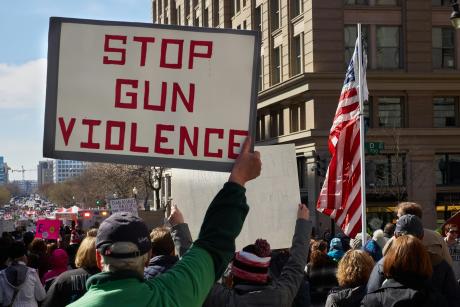By Lexi Antunez
Our team has hit the ground running this summer with the formative phase of our project. We are partnering with the Durham Latino community, specifically El Centro Hispano, to learn about mental health and interpersonal violence in this population and to eventually design an intervention to help the community work with these issues. We are an eclectic group: undergraduate students with majors in a variety of departments, medical students, nursing students, clinical psychology students, public policy students, and professionals with MDs, PhDs, MBAs, and MPHs, the list goes on. Our project has three phases: formative, intervention, and evaluation. We are currently in the midst of the first phase, but we are preparing to move into creating our intervention in July and August.
At this point, we have conducted three focus groups in Spanish at El Centro Hispano. These groups have been composed entirely of women volunteers, but in the next week, we will have our first focus group with men and we will organize at least two groups with LGBTQ members of the community. I have been pleasantly surprised and humbled by the openness that the women in these groups have displayed. A great deal of credit also goes to our focus group leaders, who have been adept at forming rapport with the participants from the moment they are introduced and who have directed the conversation smoothly and efficiently. Significantly, we have heard from multiple women that although they are aware of resources and organizations that could help people suffering from mental illnesses or violence, there are cultural and language barriers that prevent some women from accessing these services. Family dynamics and gender roles are additional factors that influence how Durham Latinas cope with mental health issues and violence. We have also had a number of meetings with community leaders at El Futuro and the Duke Center for LGBT life and these experts have helped to inform our work and focus our efforts.
As we begin to plan our intervention, I have noticed that the group’s thinking has become more long-term than it was initially, and that we are also daring to think bigger. What I mean is that we have been throwing around ideas like classes to empower women, interventions with men who batter, and working with police officers and lawyers to talk with community members who have (legitimate) fears about their interactions with the law. In comparison, our first ideas were pamphlets that contained information about resources and organizations that could help people who are dealing with mental health problems or domestic violence. Although all forms of intervention can be helpful and we are still very unsure of what form ours will take, it speaks volumes about the collaborative nature of our group that we are unafraid to dream big and bounce around ideas that, in another setting, we might have kept to ourselves. I am very excited to see where the next step of this project takes us and we will make sure to keep you updated!



